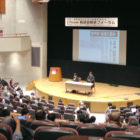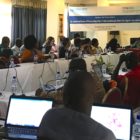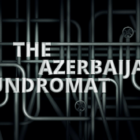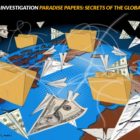Profiles
The Japanese Journalist Fighting for Better Data, Public Records, and Human Stories
|
Frustrated by journalism that gave voice to those in power rather than the voiceless, Yasuomi Sawa was inspired to become an investigative journalist. He shares with Scilla Alecci about the state of journalism in Japan, including the limitations to its existing freedom of information laws and how preventing institutional or individual embarrassment can hinder a relentless free press and uncomfortable public debates.









